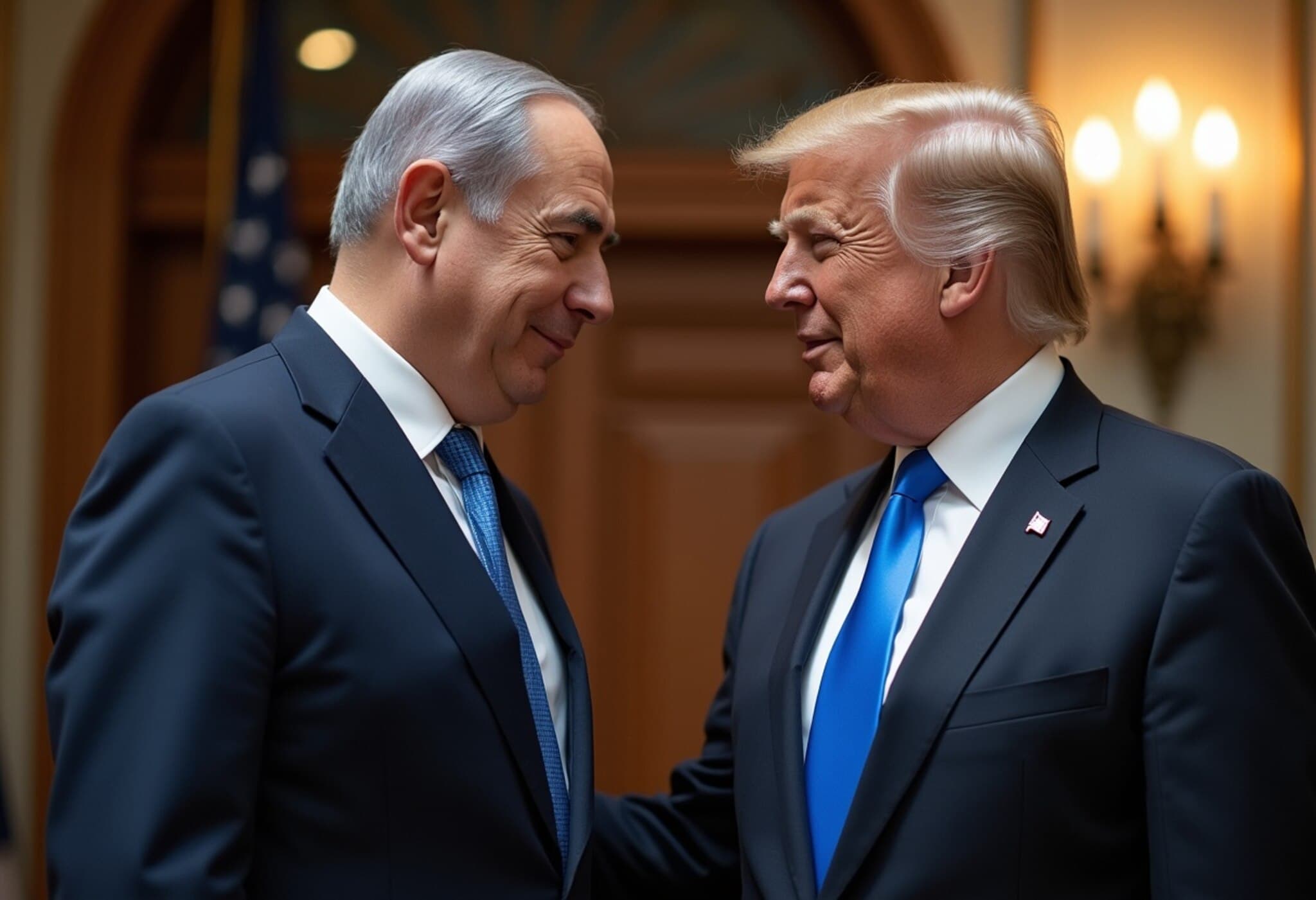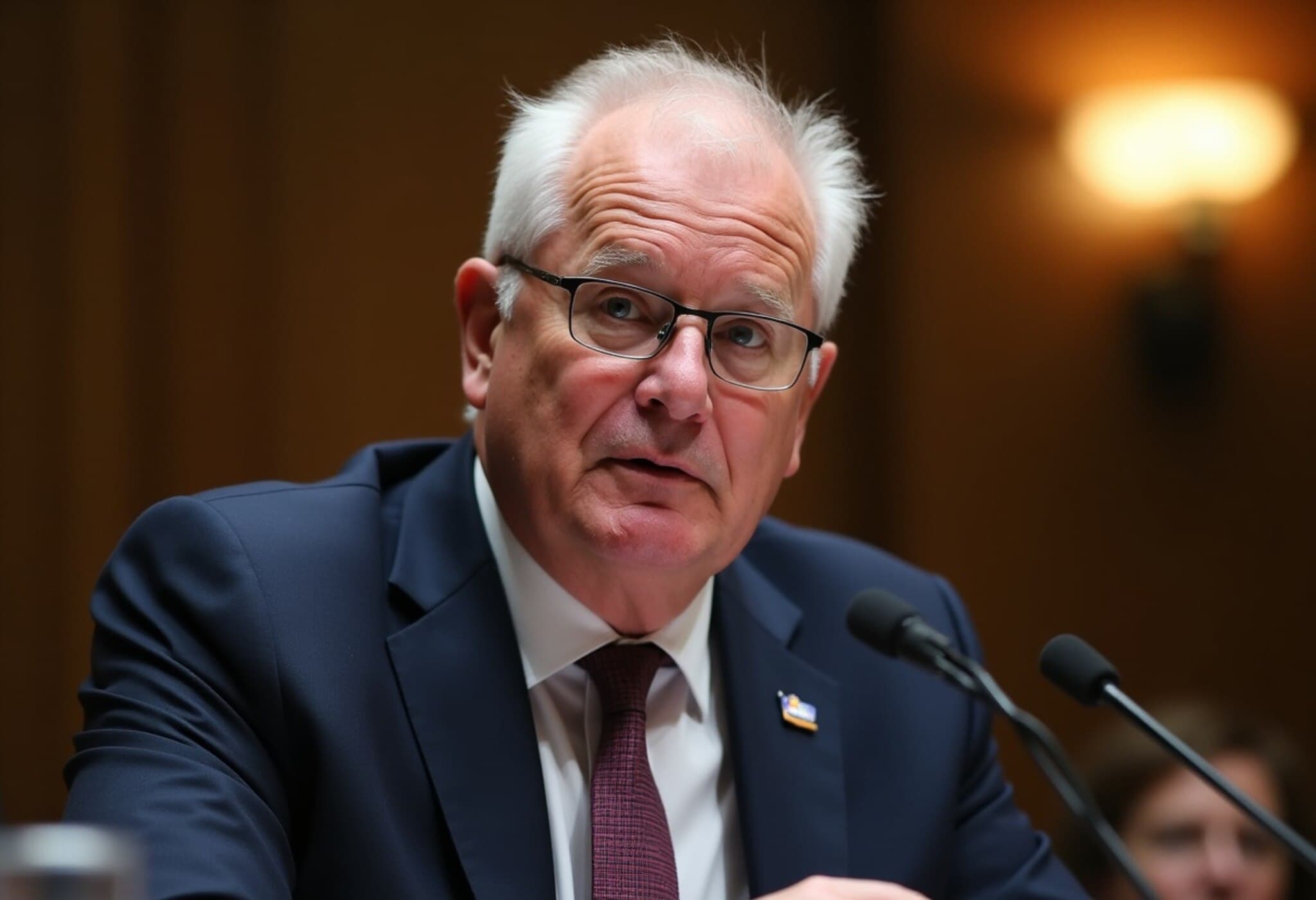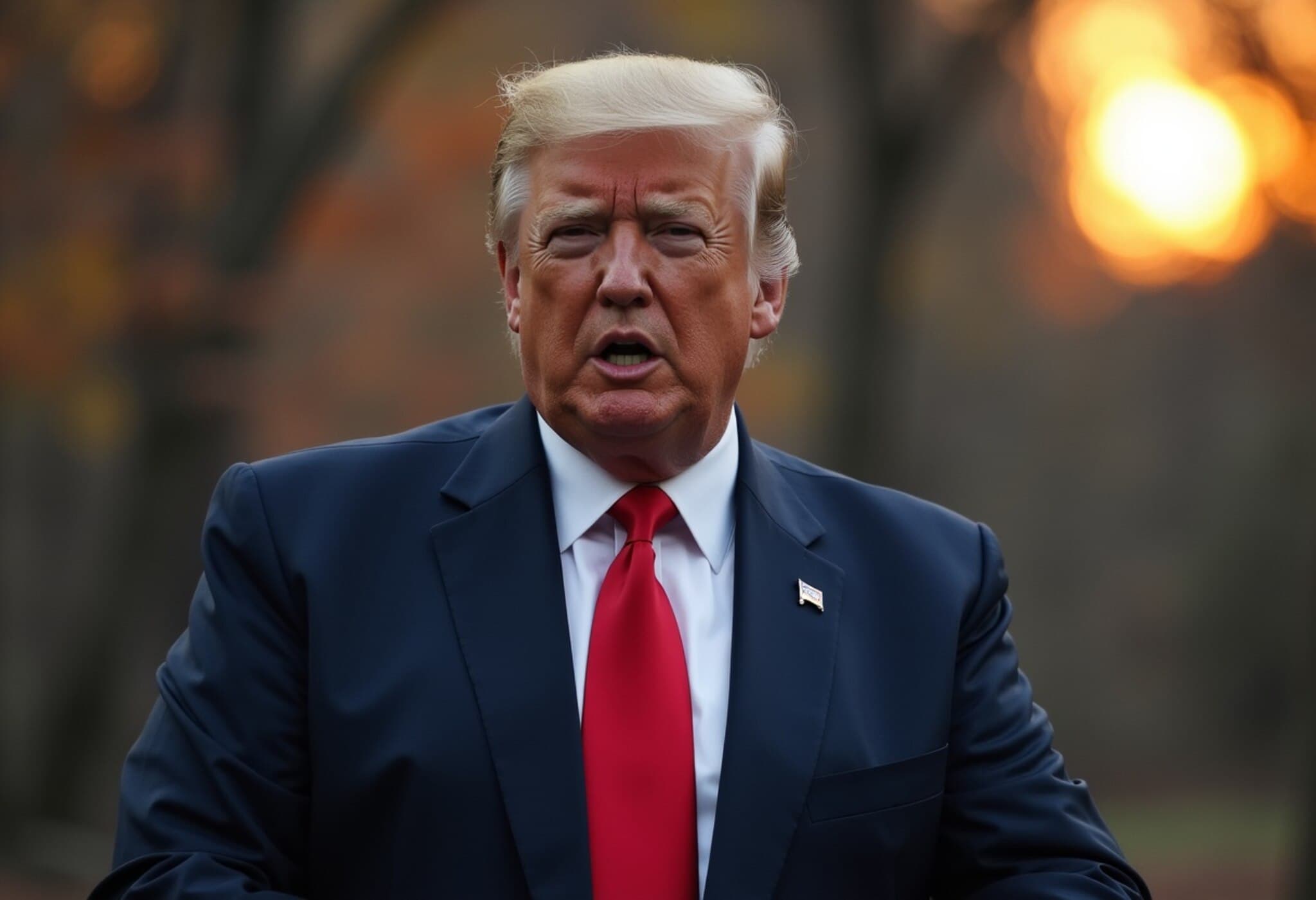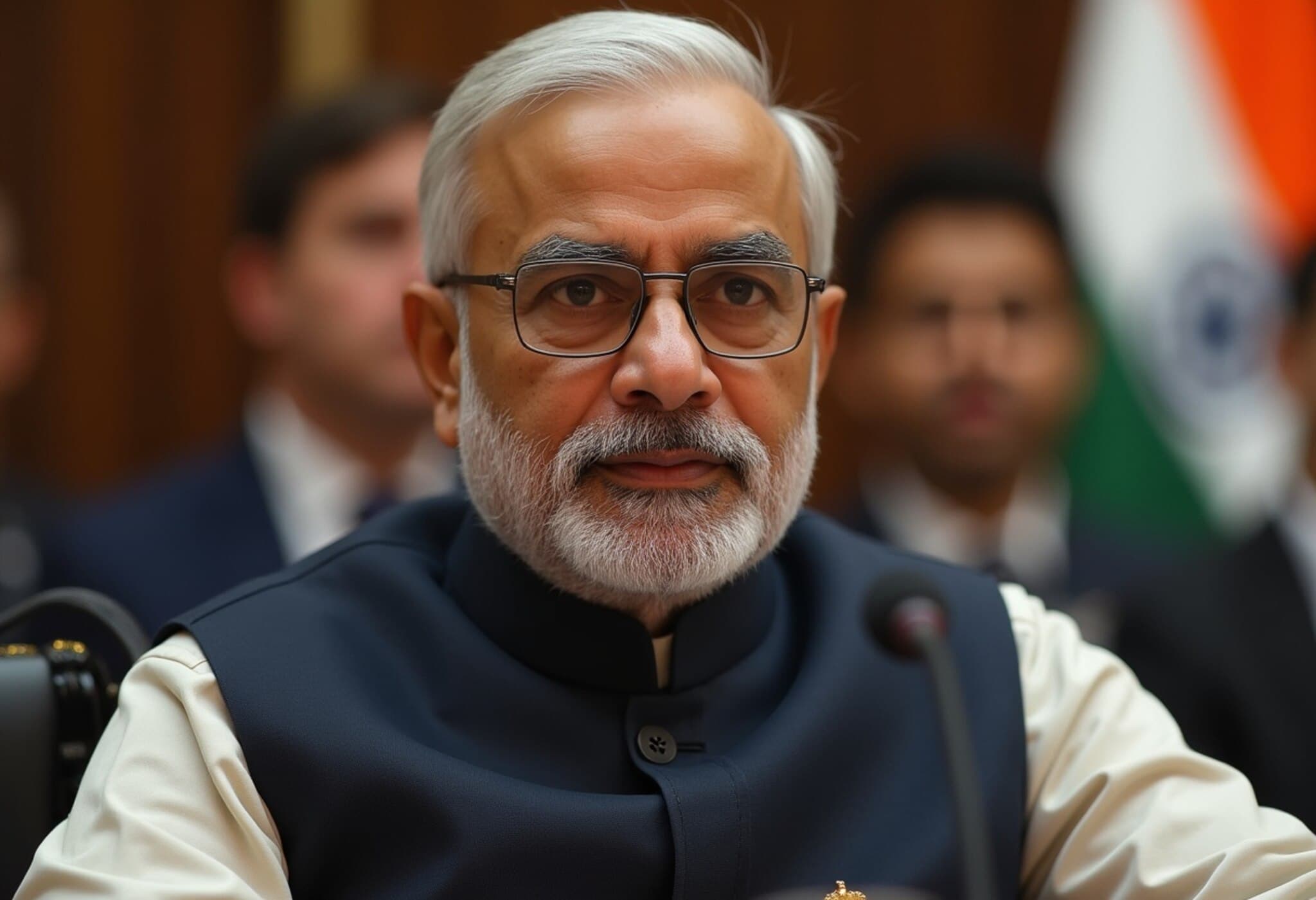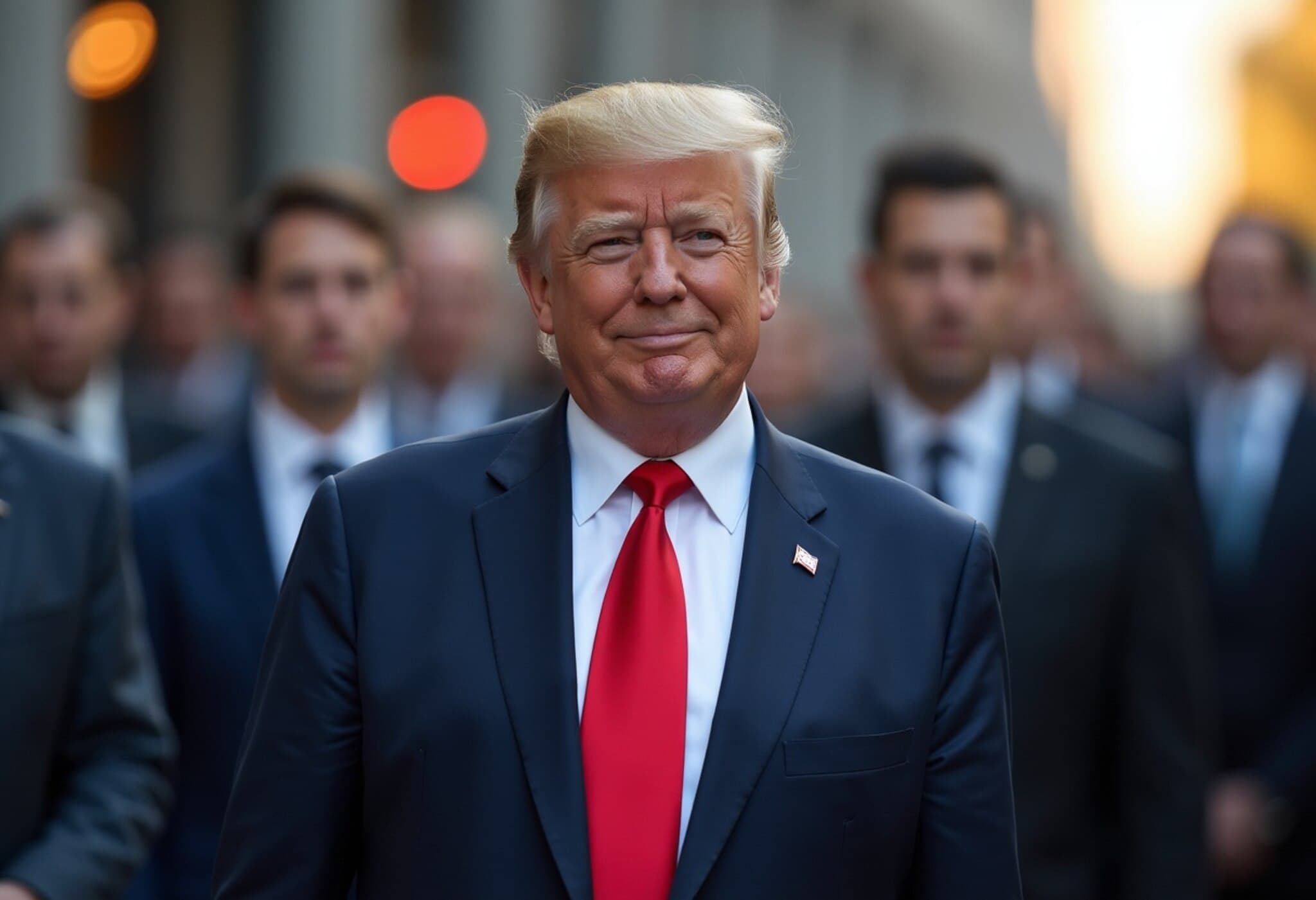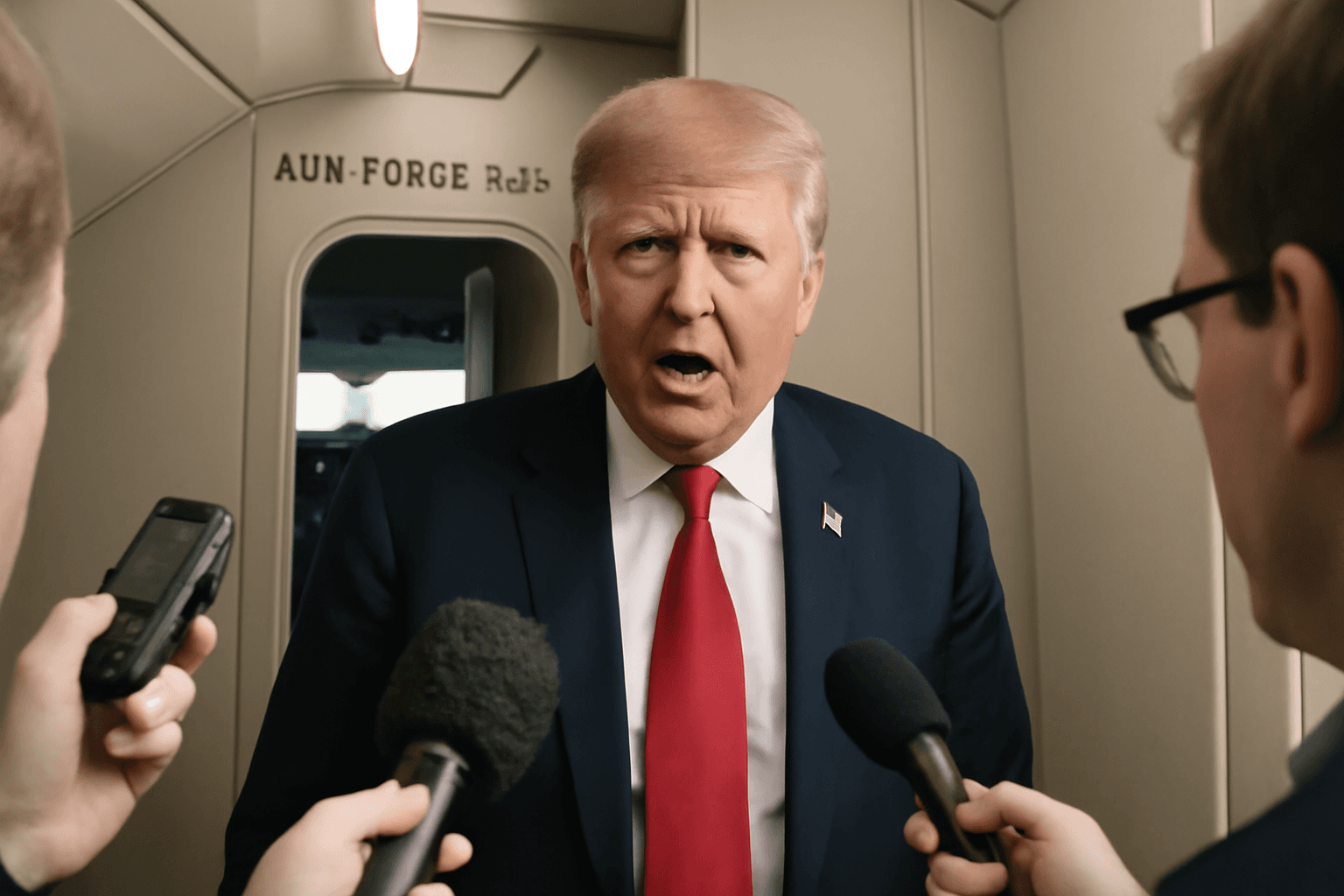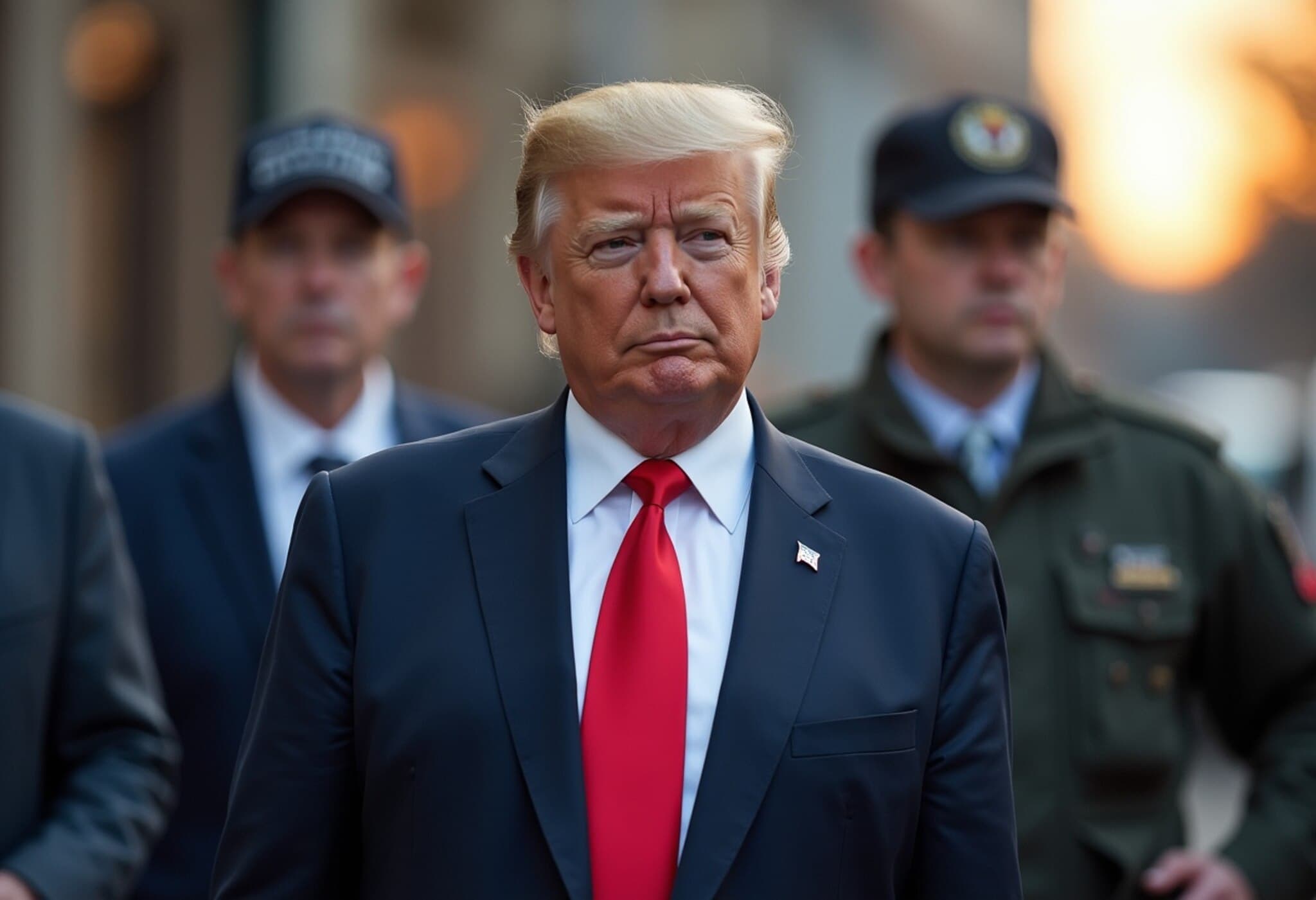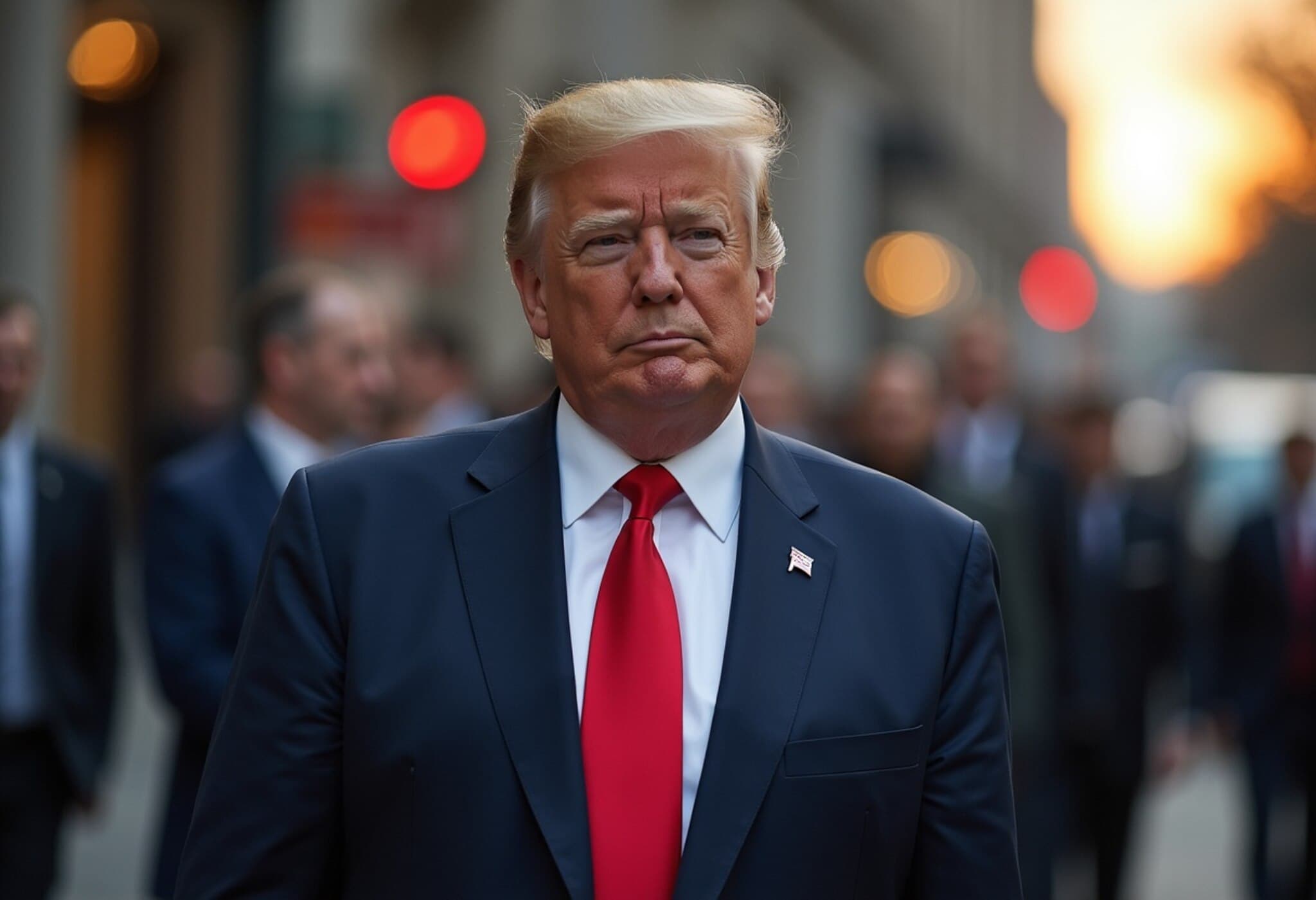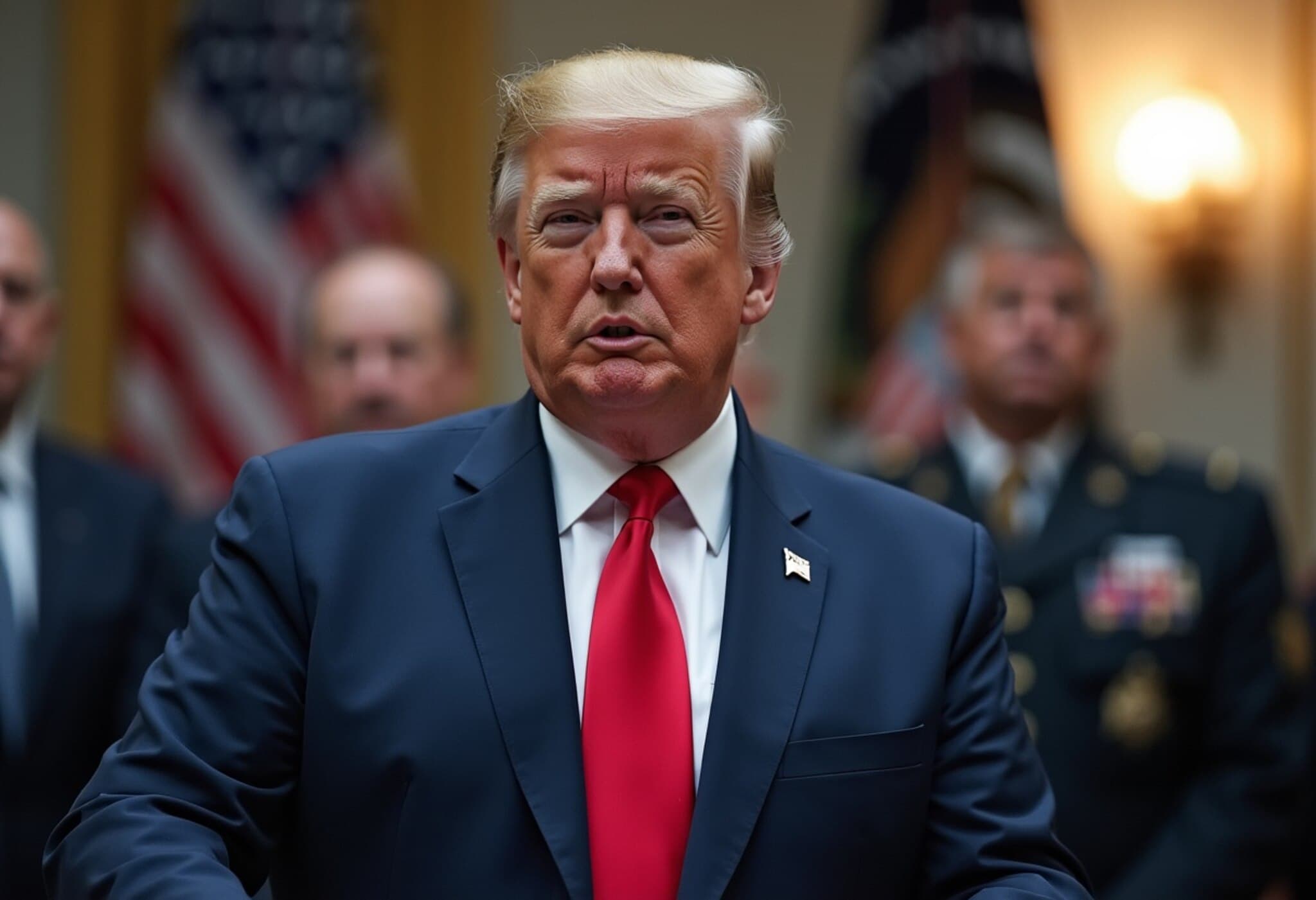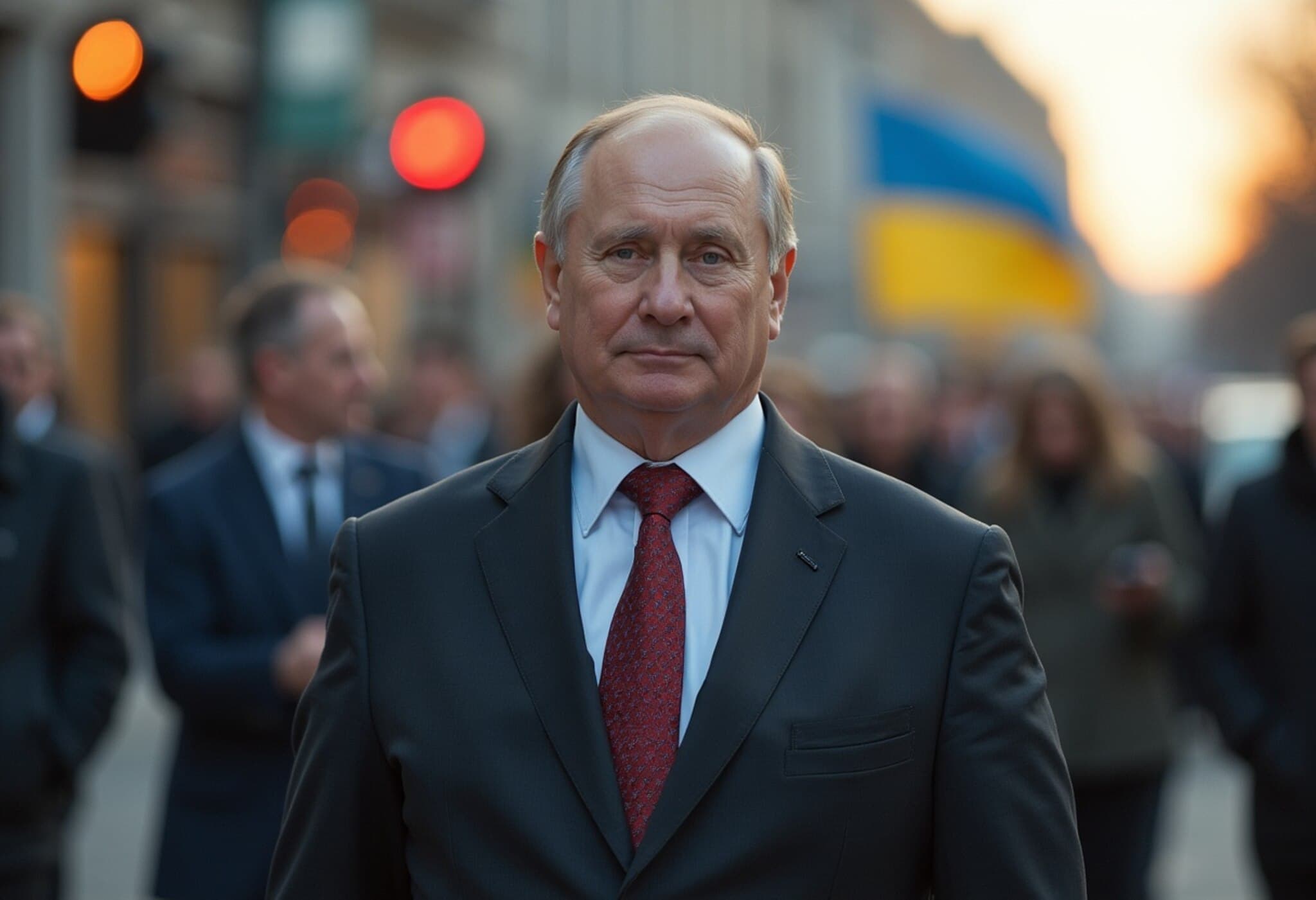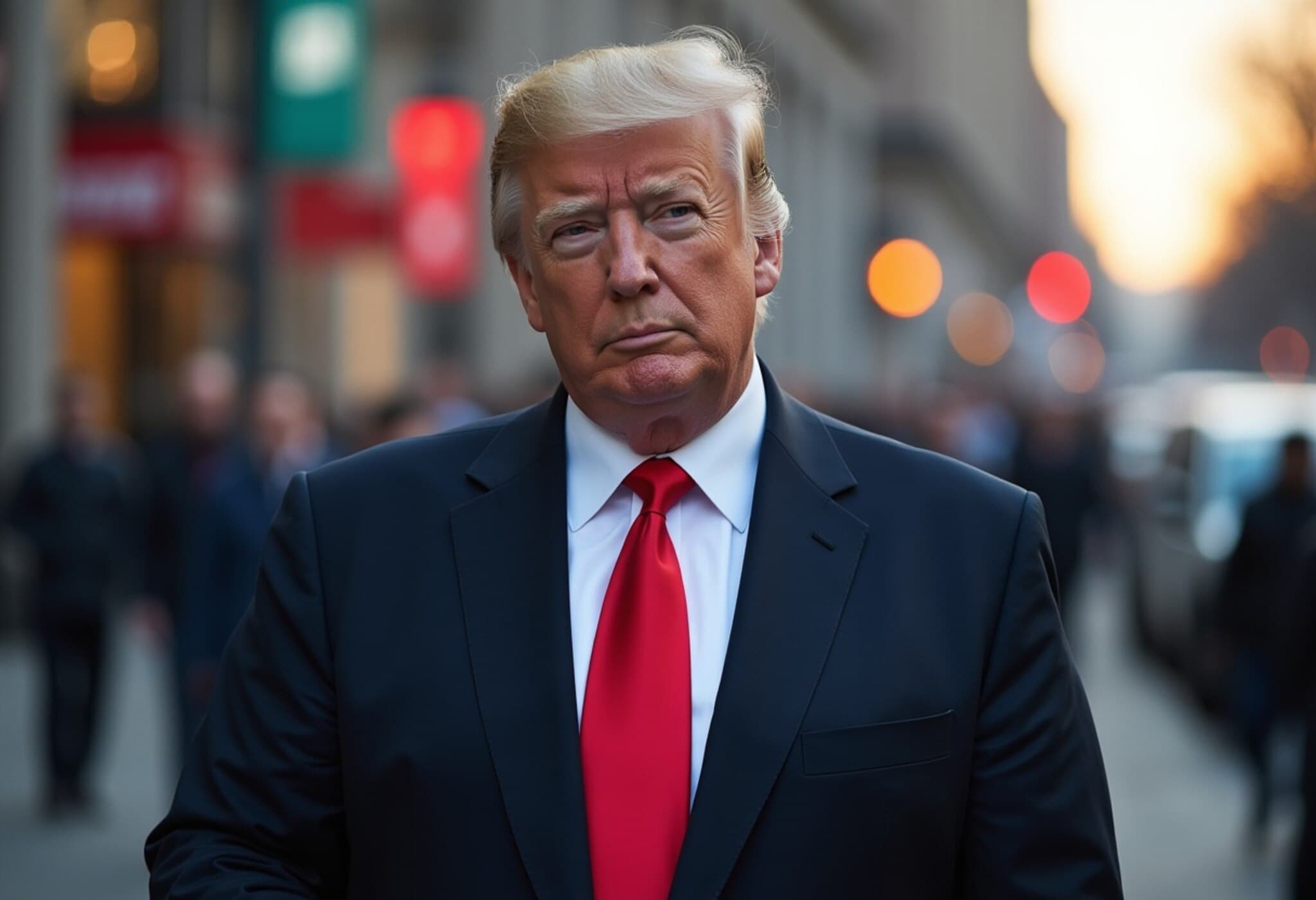Trump's Growing Support Raises Hopes for Russia Sanctions
After months of anticipation from Ukraine's allies in Washington and Kyiv, President Donald Trump’s recent shifts suggest a significant move toward endorsing a bipartisan sanctions bill targeting Russia. With the ongoing war in Ukraine now stretching into its 40th month, this legislation aims to ramp up economic pressure on Moscow to incentivize peace talks.
While Trump has yet to formally sign off on the bill’s final text, insiders reveal that he is expected to make a "major statement" on Russia, potentially signaling robust presidential backing. This development is critical, as Congressional leaders await the White House’s green light to proceed with a vote, ideally before the August recess.
Context: The Stakes Behind the Sanctions Bill
The proposed sanctions legislation, chiefly sponsored by Republican Senator Lindsey Graham and Democratic Senator Richard Blumenthal, represents a forceful response to Russia’s sustained aggression in Ukraine. Among its key provisions:
- Imposing far-reaching sanctions on Russian individuals, government bodies, and financial institutions.
- Charging punitive 500% tariffs on nations purchasing Russian energy products like oil, gas, and uranium—targeting countries such as China and India.
- Seeking to leverage international financial pressure to coerce Russian leadership towards ceasefire negotiations.
Ukrainian President Volodymyr Zelenskiy has been a vocal advocate for tightening the sanctions grip to help force Moscow to halt hostilities and engage in peace efforts.
Political Dynamics and Legislative Hurdles
Despite bipartisan momentum, the bill faces internal negotiations, particularly around presidential power. A source close to Trump described ongoing efforts to ensure the legislation provides the necessary flexibility for the president to maneuver foreign policy effectively, without undue Congressional constraints.
The White House’s push for veto authority over specific sanctions reflects concerns about maintaining executive discretion, though this may dilute the bill’s impact.
Senate Majority Leader John Thune and House Republican Leader Mike Johnson have both indicated optimism for a vote within July, while Senator Graham and Secretary of State Marco Rubio have informed European diplomats that the sanctions package is imminent.
Trump’s Dual Approach: Diplomacy Meets Pressure
Interestingly, while President Trump has expressed frustration with Vladimir Putin’s reticence to entertain ceasefire talks, he also appears engaged in diplomatic discussions. After a second meeting with Russian Foreign Minister Sergei Lavrov in Kuala Lumpur, Secretary Rubio hinted at "a new approach" to diplomacy that could open pathways—though cautioning it isn’t a guaranteed peace solution.
This complex dance between diplomacy and sanctions reflects a broader strategic calculation: using economic pressure to create leverage, while keeping channels open for negotiation.
Implications for U.S. Foreign Policy and Global Relations
If enacted, the bill would mark one of the toughest stances the U.S. has taken against Russia since the invasion began. However, experts warn that broad veto powers and the president’s existing sanction authorities could render the legislation more symbolic than transformative.
Moreover, the inclusion of tariffs on major global players trading with Russia signals a willingness to extend consequences that may reshape international energy markets and diplomatic alignments.
Legislative Timeline and Political Pressures
The legislative calendar adds urgency. The House’s upcoming August recess and competing priorities, including debates over cuts to foreign aid and public broadcasting, limit available floor time for voting.
Observers note that even if the bill passes, enforcement and effective coordination with allies will be critical for meaningful impact.
Expert Insight: Balancing Act Between Power and Pragmatism
From a policy analyst perspective, this scenario reflects the tension between Congress’s role in shaping foreign policy and executive agility. Trump's administration appears keen on preserving flexibility to respond dynamically, which could be a double-edged sword—enabling swift action but potentially undermining Congressional intent and international trust.
Furthermore, escalating sanctions on countries like China and India complicates diplomatic relations, requiring careful calibration to avoid unintended economic fallout.
Looking Ahead: What to Watch
- Trump’s official statement and potential signing of the sanctions bill.
- Senate vote scheduling and potential amendments.
- International reactions, especially from targeted countries.
- Progress and transparency around diplomatic channels with Russia.
- Impact on U.S. domestic politics, particularly regarding foreign aid debates.
Editor's Note
This evolving political moment underscores the complex interplay between executive leadership, bipartisan legislative priorities, and international diplomacy in the face of protracted conflict. While sanctions are a powerful tool, their efficacy depends on sustained political will, strategic clarity, and the delicate balance of global partnerships. Readers should consider how U.S. domestic politics shape foreign policy outcomes and remain attentive to how these decisions resonate across the fragile geopolitical landscape.




